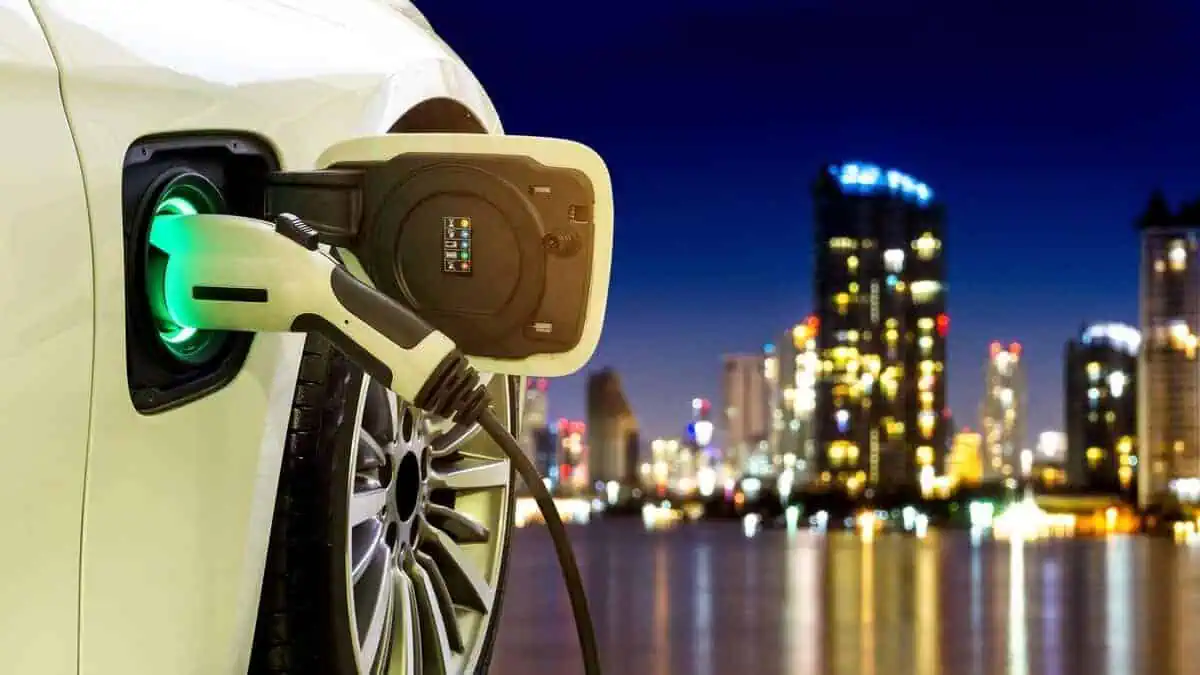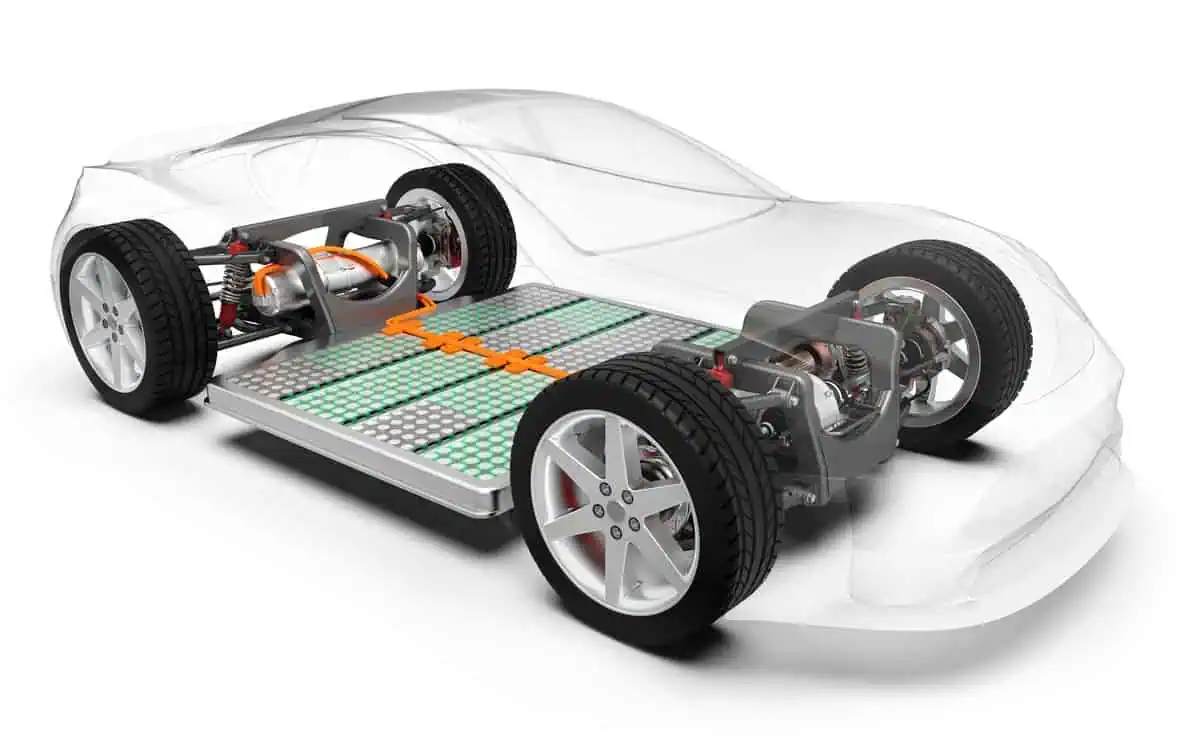In a significant move towards promoting electric vehicle adoption, President Joe Biden’s administration has unveiled plans to allocate $2 billion from last year’s Inflation Reduction Act. Notably, the funds will primarily focus on accelerating domestic EV production and supporting auto plants facing difficulties.
These major grants and subsidies are expected to alleviate concerns raised by automakers and the United Auto Workers (UAW) union regarding proposed environmental regulations that aim to facilitate the EV revolution.
Boosting the automotive industry through conversion grants
Under the newly introduced Domestic Manufacturing Conversion Grants for EVs program, the government will provide cost-shared grants to facilitate the production of efficient hybrid, plug-in electric hybrid, fully electric, and fuel cell vehicles.
The program, led by the Department of Energy’s Vehicle Technologies Office, will focus on projects that renovate or retool production plants that have recently ceased operations or were on the verge of closure.
The primary objective of this initiative is to maintain existing jobs like union jobs and create job prospects in communities that have long been the backbone of the automotive industry.
Addressing challenges and pushing toward decarbonization
This announcement comes at a crucial time as the Biden administration strives to decarbonize the economy by 2050.
In line with this objective, the Environmental Protection Agency (EPA) introduced proposed rules in April that could potentially lead to a significant shift, with up to two-thirds of the new vehicle market being dominated by EVs by 2032.
However, the Alliance for Automotive Innovation, representing major industry players such as General Motors, Stellantis NV, and Toyota Motor, criticized the EPA proposal. The group referred to the proposal as a “de facto battery electric vehicle mandate” that is deemed “neither reasonable nor achievable.”
Meanwhile, the UAW has raised concerns about the potential job losses resulting from such a rapid transition to EVs, particularly in states like Michigan, Ohio, Illinois, and Indiana.
The union has actively campaigned to preserve the Jeep factory in Belvidere, Illinois, which Stellantis plans to shut down. Thankfully, there is a possibility that the factory could be repurposed with the help of government aid.
Funding details and future prospects
Under the Domestic Manufacturing Conversion Grants for EVs program, individual awards are anticipated to range between $25 million and $500 million.
The funding for these grants will be available until September 2031, aiming to support long-term industry growth and development.
It is important to note that the notice of intent issued by the Energy Department is currently preliminary. Additionally, the department’s statement indicated that subsequent funding announcements might resemble the initial notice, differ significantly, or potentially not be issued at all.
See Also:
- Biden administration announced $2.8 billion in grants for electric vehicle battery manufacturing
- Biden’s EV subsidies are creating winners and some seriously sore losers at home and abroad
- Automakers ramped up production of EV batteries in the US after President Biden signed the Climate Bill
- Biden Admin says 20 EVs remain eligible for the Federal Tax Credit
- Biden begins a $3 billion plan for the production of EV Batteries
With this significant investment, the Biden administration is taking decisive steps toward accelerating the transition to electric vehicles. In effect, it would bolster EV production and preserve jobs in communities integral to the automotive industry for decades.






